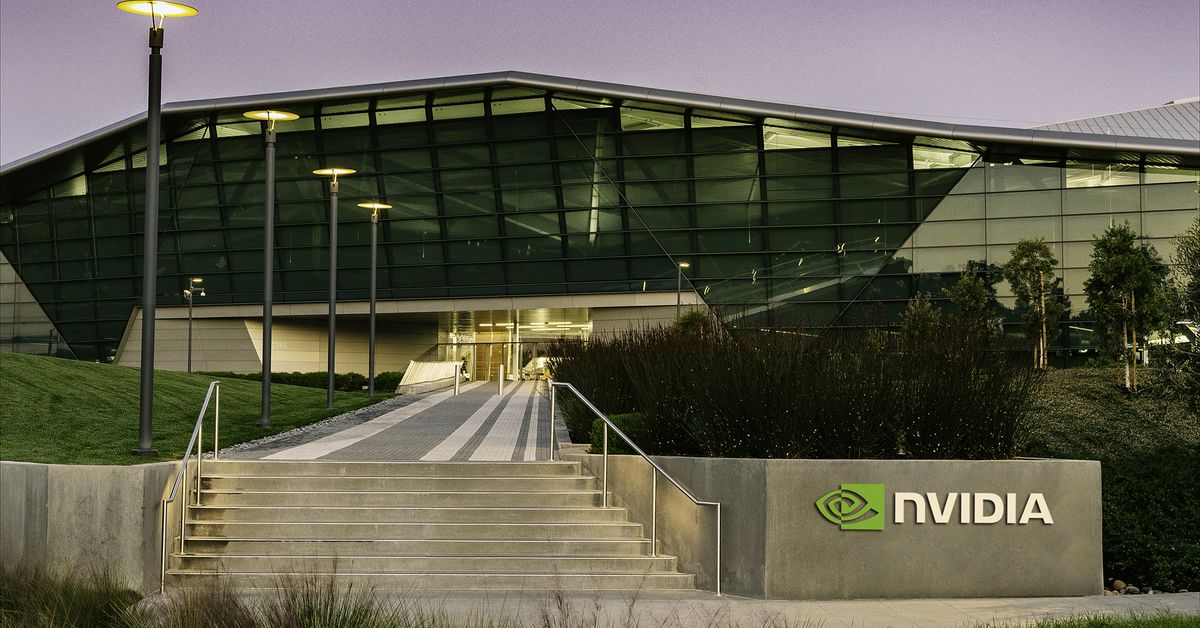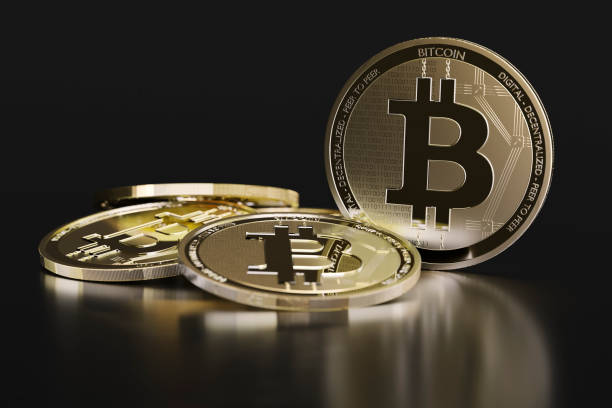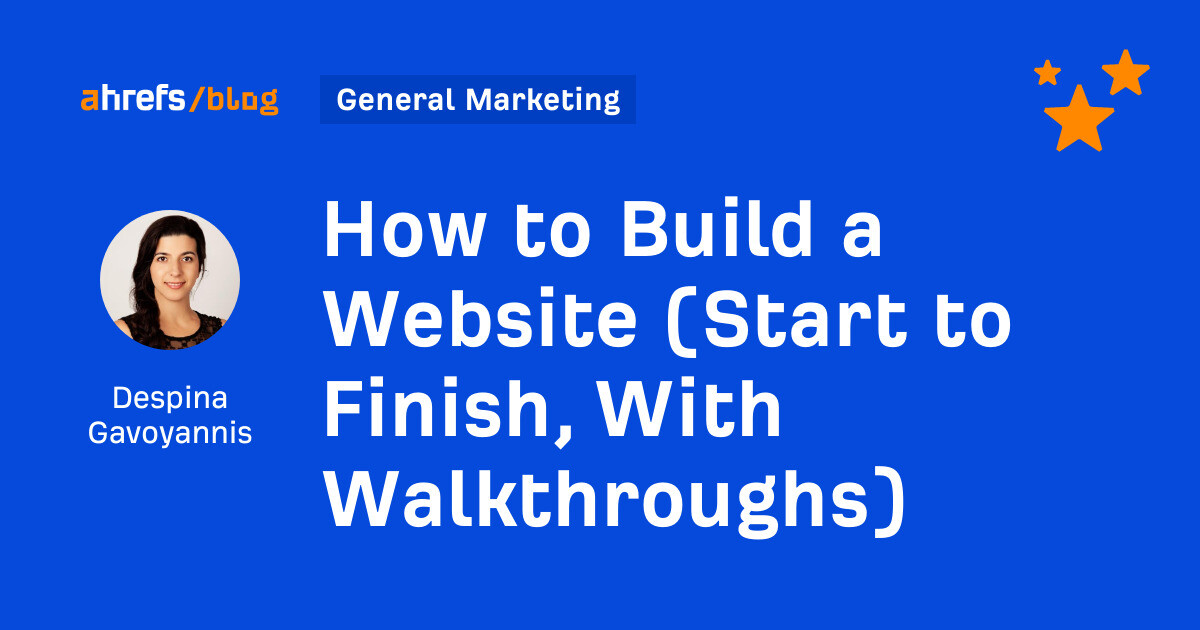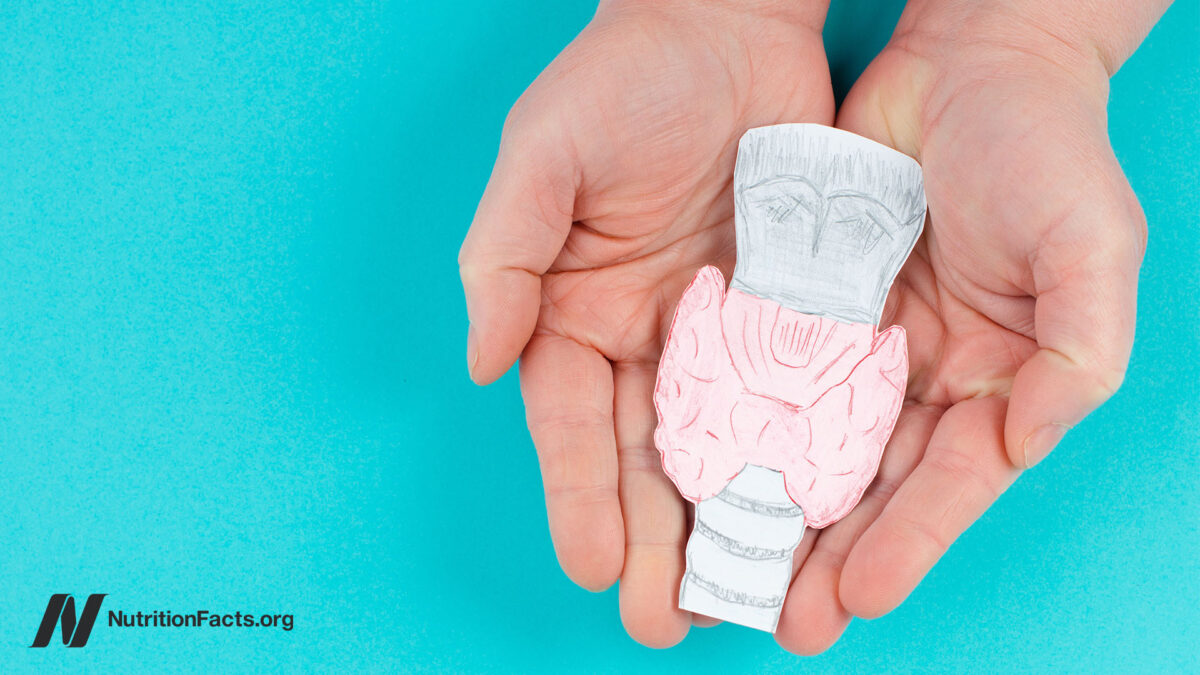The best ebook reader to buy right now
Photo by Chaim Gartenberg / The VergeFrom reading in the bath to scribbling notes in the margins, from diving into the Amazon ecosystem to avoiding it outright, there’s an e-reader for everyone. Continue reading…
/cdn.vox-cdn.com/uploads/chorus_asset/file/22954895/cgartenberg_211020_4803_0006.jpg)
Any ebook reader will let you cram a Beauty and the Beast-sized library’s worth of books in your pocket, but so will your phone. An ebook reader offers a more book-like reading experience, with fewer distractions and less eye strain, and many include extra features, like adjustable frontlighting. Some really are pocketable. Others are waterproof or offer physical page-turning buttons, while a few even let you take notes.
What I’m looking for
Comfort
How easy is it to use and read on? A sharp display and relatively fast performance are essential to an enjoyable reading experience, as are size and weight.
Build quality
Some e-readers come with different features, like waterproofing, which means you really can read anywhere. Others offer buttons that make using the e-reader more intuitive to use.
Supported content types
There must be easy, direct access to a wide selection of digital titles, which includes audiobooks as well as various file formats.
Affordability
Is the price justified, given what the e-reader offers?
I’ve been using ebook readers for nearly a decade, and I’ve gone hands-on with dozens, from the Kindle Paperwhite to lesser-known rivals like the Pocketbook Era. Whether you want something your kid can throw against the wall or a waterproof, warm-glow Kindle that won’t ruin your spa ambience, these are the best ebook readers for everyone.
The best Kindle
Dimensions: 6.9 x 4.9 x .32 inches / Weight: 205 grams / Screen area and resolution: 6.8-inch screen, 300ppi resolution / Storage: 8GB or 16GB / Other features: IPX8 waterproofing, Bluetooth audio support
If you mostly buy ebooks from Amazon, you’ll want a Kindle, and the 11th-gen Kindle Paperwhite is the best choice for most people. Starting at $139.99, it’s cheaper than the Kobo Libra 2 — my top non-Amazon ebook reader, which I’ll dive into later — for many of the same features. Those include a large 300pi display and an adjustable warm white frontlight, which make for a clear and enjoyable reading experience. The latter also conveniently improves sleep by cutting down on blue light that interrupts melatonin production.
That warm white frontlighting is an advantage over the cool white of the $99.99 base-model Kindle, and unlike the base Kindle, the Paperwhite has IPX8 water resistance. The $189.99 Signature Edition Paperwhite also has an auto-adjusting frontlight and no lockscreen ads. It also has wireless charging, which is a rare feature to find in an e-reader.
Photo by Chaim Gartenberg / The Verge
Amazon is the largest online retailer in the world, and it dominates the US ebook market, so Kindle owners have access to advantages owners of other ebook readers don’t. Much of Amazon’s hardware strategy depends on offering cut-rate discounts to pull you into its content ecosystem. If you have Prime and buy a lot of Kindle ebooks, the Paperwhite is the best choice because Amazon makes it incredibly easy to buy and read its stuff. Its ebooks and audiobooks are often on sale, and Prime members get more free content through Prime Reading. Rivals like Kobo offer sales, too, but it’s hard for them to offer discounts as steep as Amazon does.
There are downsides, though. The Paperwhite has lockscreen ads unless you pay $20 extra to get rid of them. It’s also too big to hold comfortably with one hand. Perhaps the Kindle Paperwhite’s biggest flaw, though — which it shares with all Kindles aside from Fire tablets — is that it’s not easy to read books purchased outside of Amazon’s store. Kindle ebook formats are proprietary and only work on Kindle. Unlike Kobo and other ebook readers, Kindles don’t support EPUB files, an open file format used by pretty much everyone except Amazon. So, for example, if you often shop from Kobo’s bookstore (or Barnes & Noble or Google Play Books or many other ebook stores), you can’t easily read those books on a Kindle without using a workaround. There are ways to convert and transfer file formats so you can read on the Kindle and vice versa, but it’ll take a couple of extra steps and can be a hassle.
However, if you don’t buy your books elsewhere or you don’t mind shopping from Amazon, you’ll be more than happy with the Kindle Paperwhite.
The best non-Amazon ebook reader
Dimensions: 5.69 x 6.36 x 0.35 inches / Weight: 215 grams / Screen area and resolution: 7-inch screen, 300ppi / Storage: Up to 32GB / Other features: Physical page-turning buttons, waterproofing, Bluetooth audio support
The Kobo Libra 2 is an excellent alternative to an Amazon ebook reader, especially for readers outside the US. It’s just as nice as the Paperwhite, with many of the Paperwhite’s standout features, like waterproofing, USB-C support, and a 300ppi display. It doesn’t work as well with Amazon’s ecosystem, of course, but it offers a few extra perks that make the e-reader, in some ways, even more enjoyable to use.
The Kobo Libra 2 is my favorite ebook reader to use
For one thing, it supports more file formats, including EPUB. It’s also much easier to directly borrow books from the Overdrive library system, while native support for Pocket means you can read your saved articles offline. The Libra 2 also comes with easy-to-use physical buttons and starts at 16GB of storage, double the capacity of the base Paperwhite. There are no annoying lockscreen ads to contend with, either. Plus, instead of a flat-front screen, the display is slightly recessed into the frame. I loved that as it meant I didn’t accidentally tap the screen and skip a page, as I often did with the Paperwhite. It also kept the screen cleaner and — combined with the wide side bezel — made the Libra 2 more comfortable to hold.
1/3
Photo by Sheena Vasani / The Verge
The Kobo Libra 2 is my favorite ebook reader to use. I kept having to restrain myself from using it all the time to give the other e-readers on this list a fair chance.
However, at $189, it costs $50 more than the ad-supported Paperwhite, though it’s only $20 more than the ad-free Paperwhite. That gap widens even more when the Paperwhite is on sale, which it regularly is. Plus, as somebody whose digital library consists mainly of Amazon ebooks, I found the fact that I couldn’t easily and quickly read my vast collection of Kindle books frustrating. You can do it, but you’ll have to convert file formats using third-party apps, which can take time, especially if you have a large library. But if those things don’t matter or apply to you, the Kobo Libra 2 will give you the best digital reading experience of all the e-readers on this list.
The best cheap ebook reader
Dimensions: 6.2 x 4.3 x 0.32 inches / Weight: 158 grams / Screen area and resolution: 6-inch screen, 300ppi resolution / Storage: 16GB / Other features: USB-C support, Bluetooth audio support
The base-model Kindle ($99.99 with ads) is the best cheap ebook reader. Its 300ppi resolution makes text clearer and easier to read than the lower-resolution screens on other ebook readers in its price range, and its 16GB of storage is double even that of the Paperwhite. It even has USB-C for relatively fast charging.
Reading on its six-inch screen feels a little more cramped than it does on the larger displays of the Kindle Paperwhite and Kobo Libra 2. However, the flip side is that its small size makes it pocketable, light, and easy for small hands to hold. Combined with its relatively affordable price, the Kindle is also the best ebook reader for kids — especially in the kids version Amazon sells for $20 more. It shares the same exact specs but is ad-free with parental controls, a two-year extended replacement guarantee, and a case. It also comes with one year of Amazon Kids Plus, which grants kids access to thousands of kids books and audiobooks for free. After that, though, you’ll have to pay $79 per year.
Image: Kindle Kids
The base Kindle doesn’t have extra conveniences like the physical page-turning buttons found on Barnes & Noble’s entry-level e-reader, the Nook GlowLight 4e. However, you do get something more important: snappier responses. On most of the other entry-level ebook readers I tested, including GlowLight 4e, I had to wait a few seconds after tapping the screen for the page to turn. The Kindle, in comparison, offered no perceptive lag.
There are other tradeoffs. There’s no water resistance, unlike the Paperwhite, and battery life is good, but it’ll last you three weeks tops — not months, like the Paperwhite. And because it’s an Amazon ebook reader, you’re also locked into the Amazon ecosystem and have to pay extra to get rid of ads. But if you can do without all of that, the Kindle delivers the essentials for under $100.
The best ebook reader for taking notes
Dimensions: 7.6 x 8.94 x 0.30 inches / Weight: 390 grams / Screen area and resolution: 10.3-inches, 227ppi resolution / Storage: 32GB / Other features: Handwriting to text conversion, magnetic stylus, Bluetooth audio support
Of all the large ebook readers I tested, the Kobo Elipsa 2E stood out the most because of its excellent note-taking abilities. You can directly write on pages, and the notes will not disappear, which makes for a more intuitive note-taking experience than the Kindle Scribe, which only supports on-page notes on select Kindle titles. Otherwise, you’re limited to making annotations on cards that are like disappearing sticky notes.
You can also sync your notes with Dropbox or view them online, and Kobo can even convert handwriting to typed text. Amazon recently rolled out a similar capability for the Kindle Scribe, but it can only convert handwriting to typed text when you export notebooks and not as accurately. By contrast, Kobo lets you convert your handwriting not just while exporting but also from within a notebook itself.
1/2
Photo by Sheena Vasani / The Verge
The Elipsa 2E also offers other helpful note-taking tools. It’s even capable, for example, of solving math equations for you. You can also insert diagrams and drawings, and it’ll automatically snap it into something that looks cleaner and nicer. There’s also a great selection of pen types and ink shades.
True, the Kindle Scribe starts at $60 less, but the Kobo Elipsa 2E comes with twice the storage. You can step up to the 32GB Kindle Scribe if you want the same storage capacity, but that puts it at essentially the same price as the Kobo. I recommend just forking out the money on the Elipsa 2E instead.
I also recommend the Elipsa 2E over the Onyx Boox Note Air 2 Plus, even though it, too, offers much better writing tools than the Kindle Scribe. That’s because it costs a whopping $449 and also isn’t as readily available in the US market. The Onyx Boox Note Air 2 Plus also comes with too many distracting extras, like an easy-to-access music player and the Google Play app store preinstalled so you can download multiple reading apps, including both the Kindle and Kobo apps. However, Kindle and Kobo notes didn’t show up on the Onyx Boox Note Air 2 Plus — and you can’t annotate their books anywhere as easily as you can on their respective devices.
1/2
Photo by Sheena Vasani / The Verge
Note-taking capabilities aside, the Kobo Elipsa 2E is also a good e-reader, but it comes with the same strengths and weaknesses as other Kobo e-readers. There’s support for a wide range of file formats, but you can’t easily read Kindle books without converting them first. Its 227ppi display is also slightly less sharp than the 300ppi screen found on the Kindle Scribe and the Kobo Libra 2. However, the 10.3-inch screen does balance things out a bit and makes text easier to read, so it’s not really a noticeable drawback.
Other ebook readers that didn’t make the cut
There are some other ebook readers I tested that I didn’t feature above but are still worth highlighting. One of these is the Kobo Clara 2E e-reader. If you’re looking for a non-Amazon alternative that’s more affordable than the Kobo Libra 2, the Kobo Clara 2E is worth a look. It sells for $139 and also offers waterproofing as well as a sharp, 300ppi display, but it lacks buttons. As I mentioned in my review earlier this year, I also liked that it doesn’t come with ads but found it’s not as fast as the Kindle Paperwhite. However, now that I’ve used the e-reader for quite some time, I find it’s snappy enough, and the occasional lag isn’t as distracting as I imagined it’d become. The Libra 2 is still faster, though.
I also didn’t mention the Kindle Oasis, which also has physical page-turning buttons and which many consider a high-end device. At this point, though, it’s old and lacks some features even the base Kindle offers, like USB-C support. That makes it less appealing at $249. If you are willing to pay that much for a high-end reader, I’d take a look at the Kobo Libra 2 or the Kobo Sage instead. The latter is $269, yet not only does it come with buttons and USB-C, but you can also use it to take notes. The eight-inch screen feels very cramped to write on, though, so I wouldn’t recommend it as a primary note-taking device.

 ValVades
ValVades 































